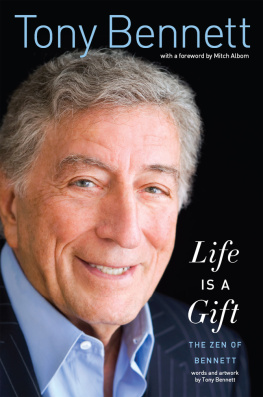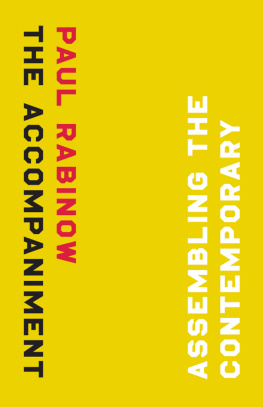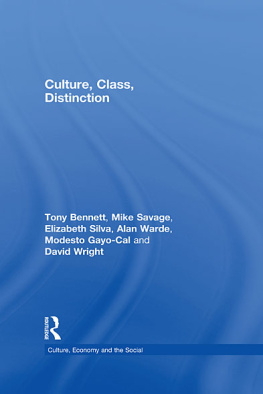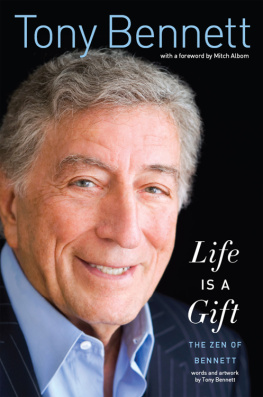
Assembling and Governing Habits
The increasing significance of managing or changing habits is evident across a range of pressing contemporary issues: climate change, waste management, travel practices and crowd control. Assembling and Governing Habits engages with the diverse ways in which habits are governed through the knowledge practices and technologies that have been brought to bear on them.
The volume addresses three main concerns. The first focuses on how the habit discourses proposed by a range of disciplines have informed the ways in which different forms of expertise have shaped the ways in which habits have been managed or changed to bring about specific social objectives. The second concerns the ways in which habits are acted on as aspects of infrastructures which constitute the interfaces through which technical systems, human conducts and environments are brought together. The third concerns the specific ways in which habit discourses and habit infrastructures are brought together in the regulation of city habits: that is, habits which have specific qualities arising out of the specific conditionsthe rhythms and densitiesof urban life and ones which, in the wake of the COVID-19 pandemic, have been profoundly disrupted.
Written in a clear and direct style, the book will appeal to students and scholars with an interest in cultural studies, sociology, cultural geography, history of the sciences and posthuman studies.
Tony Bennett is an Emeritus Professor in Social and Cultural Theory at the Institute for Culture and Society at Western Sydney University and an Honorary Professor in the Humanities Research Centre at the Australian National University. He is a Fellow of the Australian Academy of the Humanities and of the Academy of the Social Sciences in the UK, and has held previous professorial positions at Griffith University, The Open University, and the University of Melbourne. His research spans the fields of cultural studies, cultural sociology, and museum studies, and he has served as a director of nationally funded research centres in Australia and the UK. His recent publications include Making Culture, Changing Society (2013), Collecting, Organising, Governing: Anthropology, Museums and Liberal Government (co-author, 2017), and Museums, Power, Knowledge (2018).
Ben Dibley is a Research Fellow at the Institute for Culture and Society, Western Sydney University, Australia. He has research interests in social and cultural theory, particularly around questions of cultural institutions, colonialism and museums. His essays have appeared in Australian Humanities Review, Cultural Studies Review, History and Anthropology, International Journal of Cultural Studies, Museum and Society, New Formations and Transformations. He is co-author of Collecting, Ordering, Governing: Anthropology and Liberal Government (2017).
Gay Hawkins is a research professor in social and cultural theory at the Institute for Culture and Society at Western Sydney University. She researches in the fields of environmental humanities, science and technology studies, and the interactions between material and political processes. She has written books and numerous papers exploring the materialities and politics of habits including The Ethics of Waste (2006), Plastic Water: the social and material life of bottled water (2015, co-authored with Kane Race and Emily Potter) and The Skin of Commerce: governing through plastic food packaging Journal of Cultural Economy 2018, 11. 5.
Greg Noble is Professor of Cultural Research at the Institute for Culture and Society, Western Sydney University. His research interests centre on the relations between youth, ethnicity, class and gender; migration, multiculturalism and intercultural relations; cultural pedagogies and Bourdieusian theory; and multicultural education. His books include: Cultural Pedagogies and Human Conduct (2015), Disposed to Learn (2013), On Being Lebanese in Australia (2010), Bin Laden in the Suburbs (2004).
Culture, Economy and the Social
A new series from CRESC the ESRC Centre for Research on Socio-cultural Change
The Culture, Economy and the Social series is committed to innovative contemporary, comparative and historical work on the relations between social, cultural and economic change. It publishes empirically-based research that is theoretically informed, that critically examines the ways in which social, cultural and economic change is framed and made visible, and that is attentive to perspectives that tend to be ignored or side-lined by grand theorising or epochal accounts of social change. The series addresses the diverse manifestations of contemporary capitalism, and considers the various ways in which the social, the cultural and the economic are apprehended as tangible sites of value and practice. It is explicitly comparative, publishing books that work across disciplinary perspectives, cross-culturally, or across different historical periods.
The series is actively engaged in the analysis of the different theoretical traditions that have contributed to the development of the cultural turn with a view to clarifying where these approaches converge and where they diverge on a particular issue. It is equally concerned to explore the new critical agendas emerging from current critiques of the cultural turn: those associated with the descriptive turn for example. Our commitment to interdisciplinarity thus aims at enriching theoretical and methodological discussion, building awareness of the common ground that has emerged in the past decade, and thinking through what is at stake in those approaches that resist integration to a common analytical model.
Editors
Professor Tony Bennett, Social and Cultural Theory, University of Western Sydney Professor Penny Harvey, Anthropology, Manchester University
Editorial Advisory Board
Andrew Barry, University of Oxford; Michel Callon, cole des Mines de Paris; Dipesh Chakrabarty, The University of Chicago; Mike Crang, University of Durham; Tim Dant, Lancaster University; Jean-Louis Fabiani, coles de Hautes tudes en Sciences Sociales; Antoine Hennion, Paris Institute of Technology; Eric Hirsch, Brunel University; John Law, The Open University; Randy Martin, New York University; Timothy Mitchell, Columbia University; Rolland Munro, Keele University; Andrew Pickering, University of Exeter;Mary Poovey, New York University; Hugh Willmott, University of Cardiff ; Sharon Zukin, Brooklyn College City University New York/ Graduate School, City University of New York
Assembling and Governing Habits
Edited by Tony Bennett, Ben Dibley, Gay Hawkins, Greg Noble
For a full list of titles in this series, please visit www.routledge.com/CRESC/bookseries/CRESC.
First published 2021
by Routledge
2 Park Square, Milton Park, Abingdon, Oxon OX14 4RN
and by Routledge
605 Third Avenue, New York, NY 10158
Routledge is an imprint of the Taylor & Francis Group, an informa business
2021 selection and editorial matter, Tony Bennett, Ben Dibley, Gay Hawkins, Greg Noble; individual chapters, the contributors
The right of Tony Bennett, Ben Dibley, Gay Hawkins, Greg Noble to be identified as the authors of the editorial material, and of the authors for their individual chapters, has been asserted in accordance with sections 77 and 78 of the Copyright, Designs and Patents Act 1988.












